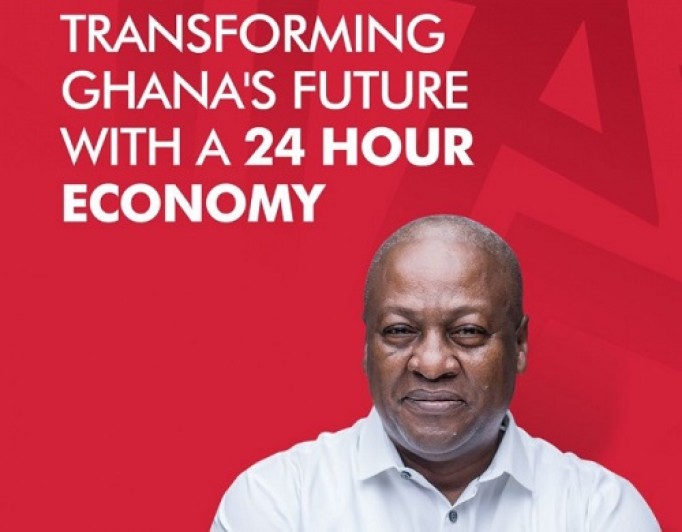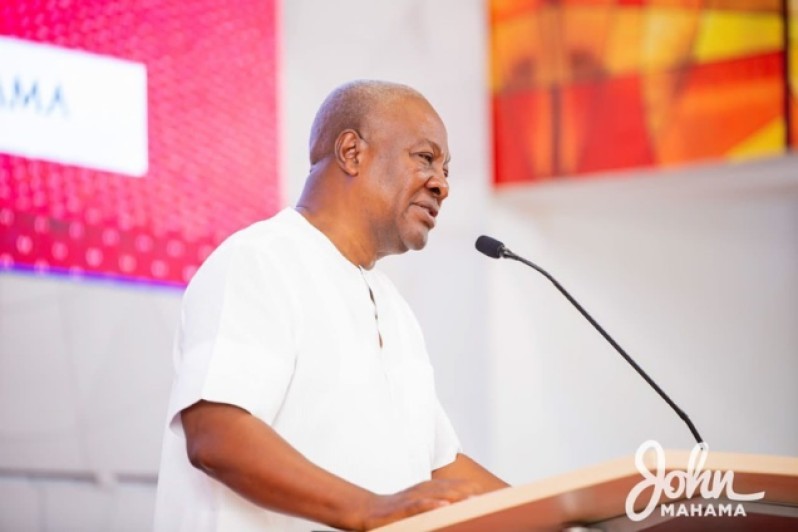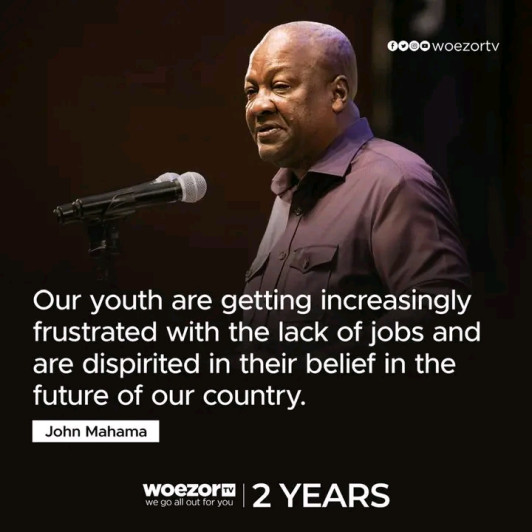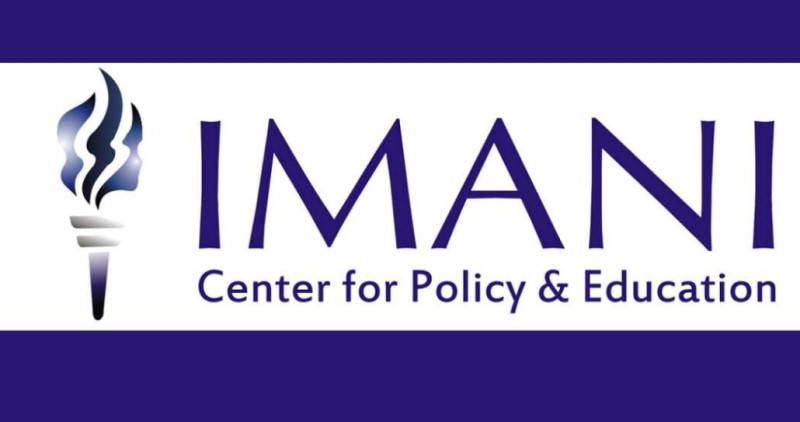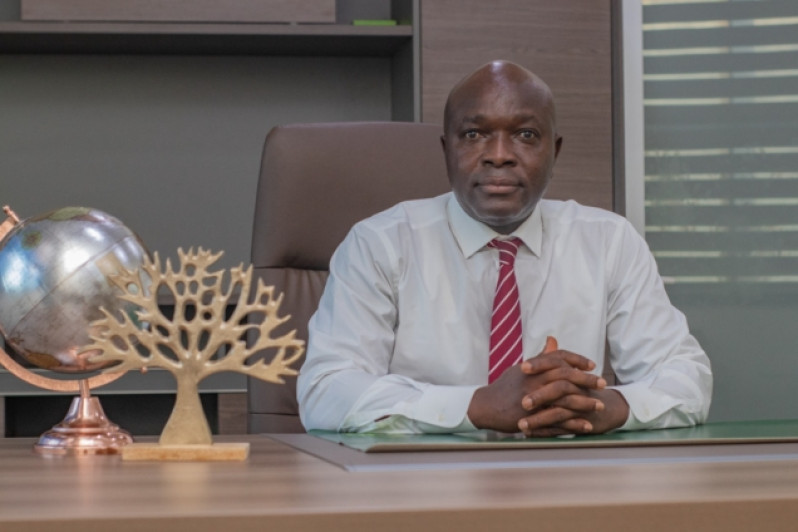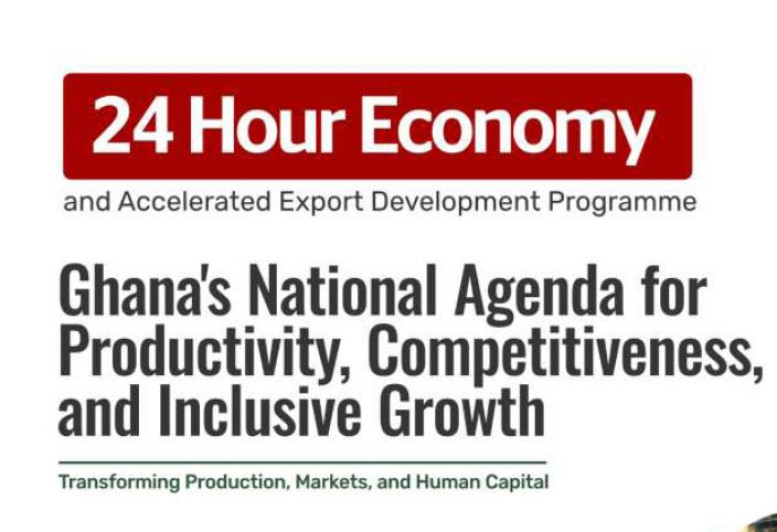
The Fundamental Challenges to be addressed by the 24-Hour Economic Policy by the Government
- Colonial Economic Structure
Ghana's fundamental economic structure is deformed. It is still structured like a colonial economy – meaning it is just a cog in a larger global economy where it is organised around the interests of others, not its citizens. The economy is largely structured to function as a peripheral supplier in the global economic system, geared towards the extraction of raw materials for external markets.
We continue to export primary commodities such as cocoa beans, gold dorê, crude oil - at prices set by international buyers – capturing only a small fraction of the value
generated along global value chains we participate in. At the same time, we import almost all our finished goods and a significant proportion of our production inputs – usually at premium prices also determined by the international producers and traders.
The result is a persistent value drain: we export wealth in raw form and re-import it as expensive goods and services, reinforcing dependency, trade deficits, and underdevelopment.
2. Import Dependency
Ghanaian manufacturers depend heavily on imported raw materials and machinery.
They sell 90% of their products in Ghana (only 25% of our manufacturers export products). This structure means that every production cycle involves a net loss of
foreign exchange1. It means that even if industries grow, the drain on our foreign exchange reserves grows. Critical agricultural subsectors (e.g., poultry) share this structural weakness.
To illustrate, when a local manufacturing firm secures a $5 million investment to expand production, a significant portion is often spent on importing machinery, raw materials, and even skilled labour. It does not circulate locally and multiply. It does not create jobs. It increases our need for foreign currency, forcing the Cedi to depreciate and making imported goods more expensive, fuelling inflation, and undermining economic stability. Producers find themselves compelled to maintain large inventories that tie up working capital that could otherwise be invested in expansion or innovation.
Ghana also imports huge quantities of food - US$ 2 billion worth in 2024 alone2. The top ten food imports last year included rice, guts, bladders and stomachs of animals,
frozen cut and offal of fowl, sugar, and cereals, accounting for half of our food import bill.
These are products that we can produce competitively if we invest scientificallyand holistically in local value chains and especially post-harvest logistics.
The issue is not just foreign exchange prices, important as this is. Dependency on imported food and industrial inputs exposes the country to undue external supply shocks such as global price volatility, global exchange rate fluctuations, and supply chain disruptions. It means we import foreign inflation.
No amount of macroeconomic dexterity will solve this structural crisis. No amount of hard work by producers or by State agencies will deliver the development our people so badly need. Macroeconomic fixes like IMF stabilisation programmes that are not accompanied by structural reform in the production system can only be temporary and often appear to worsen the situation. We must address the structural problems.
3. Structural Misalignments Within the Domestic Economy
This structural challenge is exacerbated by perverse domestic arrangements that often reflect ad hoc, uncoordinated and piecemeal efforts to deal with the symptoms of our structural problems over the years, and the failure of the State to guide private players to do more. We cannot effectively promote industrialisation without an alignment between foundational systems—energy, logistics, and financing on the one hand, and the dynamics of the production process on the other.
These misalignments ensure that Ghana’s productive capacity remains chronically underutilised. In 2024, Myjoyonline reported a decline in capacity utilisation in the
cement industry, from 48% in 2022 to just 38% in 20233 .This misalignment is especially evident in Ghana’s energy system. Electricity outages account for an average of 9.3% in lost annual sales for Ghanaian firms, according to the World Bank Enterprise Surveys. To mitigate this, companies self generate approximately 16.9% of their electricity needs. Energy expenditure accounts for between 6.6% and 8.7% of total sales4. This makes locally produced
goods expensive and uncompetitive, especially in energy-intensive sectors like manufacturing. In contrast, firms in Vietnam and Kenya, for example, benefit from more stable energy supply and more affordable industrial tariffs, strengthening their export competitiveness.
The financial system also reflects this structural disconnect. Ghana’s banking sector has not developed to provide the kind of patient, long-term capital that industrial development requires. Our banking sector constrains industrial growth through the high cost and short tenor of credit. According to the Bank of Ghana and the IMF Financial Sector Assessment reports, the average lending rate in Ghana exceeds 25% p.a, with loan tenors rarely exceeding 24 months. Moreover, collateral requirements remain prohibitively high, often exceeding 200% of the loan value,
effectively locking out a large proportion of small and medium-sized enterprises. In comparison, Vietnam and Kenya provide development bank support and offer industrial credit at average rates of 8–12%, with more flexible repayment periods and sector-specific facilities for agriculture and manufacturing. Ghana’s export competitiveness is limited not only by high production costs but also by weak supply chain integration and low value-addition. While manufacturing exports account for over 40% and 85% of total exports in places like Kenya and Vietnam, respectively, Ghana’s figure lags below 15%, and as highlighted by UNCTAD, Ghana’s export base remains narrow, overly reliant on primary commodities, and underperforming in value-added goods. This disparity is even more pronounced in specific sectors. For instance, in textiles and apparel, Vietnam has leveraged integration into global value chains to export over $40 billion
annually6, while Ghana's entire manufacturing export base across all sectors is under
$2 billion. Similarly, Kenya exports processed agricultural products to over 90 countries, while Ghana's processed agricultural exports reach fewer than 30 markets. Even in areas where Ghana possesses natural resource advantages, such as cocoa processing, the country exports primarily raw or semi-processed cocoa, while competitors increasingly capture value through finished chocolate products and specialised derivatives.
The problem is not that Ghana imports – it’s that our society is structurally conditioned to import as a first resort - and not just commodities but ideas and solutions. Dependency has become a culture. Ghana once had the industrial capability to produce goods like corned beef and transistor radios domestically illustrating both the promise and the subsequent erosion of local
Manufacturing capacity. Ghana’s capacity to industrialise, feed itself, and compete globally will remain fundamentally constrained without a deliberate effort to align production systems, energy infrastructure, and market linkages with the central objective of creating decent jobs and prosperity at the household level. Our economy will have to shift from exporting raw materials and importing finished goods to creating integrated domestic value chains with export capability.
Disclaimer: "The views expressed on this site are those of the contributors or columnists, and do not necessarily reflect 24houreconomy.org’s position. 24houreconomy.org will not be responsible or liable for any inaccurate or incorrect statements in the contributions or columns here."
Share On Social Media
Other Stories
24-Hour economy policy a major improvement on past fragmented initiatives – IMANI Africa
1D1F programme cancelled, replaced with 24-Hour Economy – Minister
24-Hour Economy without cheaper power and credit is a mirage – GNCCI Boss
24-Hour Economy policy: Game-changer that needs flawless execution
The Fundamental Challenges to be addressed by the 24-Hour Economic Policy by the Government
Farmers should not worry about machines – Mahama on Agricultural Reforms
Akufo-Addo’s actions were so loud, Ghanaians couldn’t hear Bawumia’s policies- NPP MP
Mahama reiterates commitment to maintain opened door policy towards Minority parties
‘A difficult journey ahead’ – President-elect Mahama vows to rescue Ghana from the economic woes
24-HOUR ECONOMY
Economy


